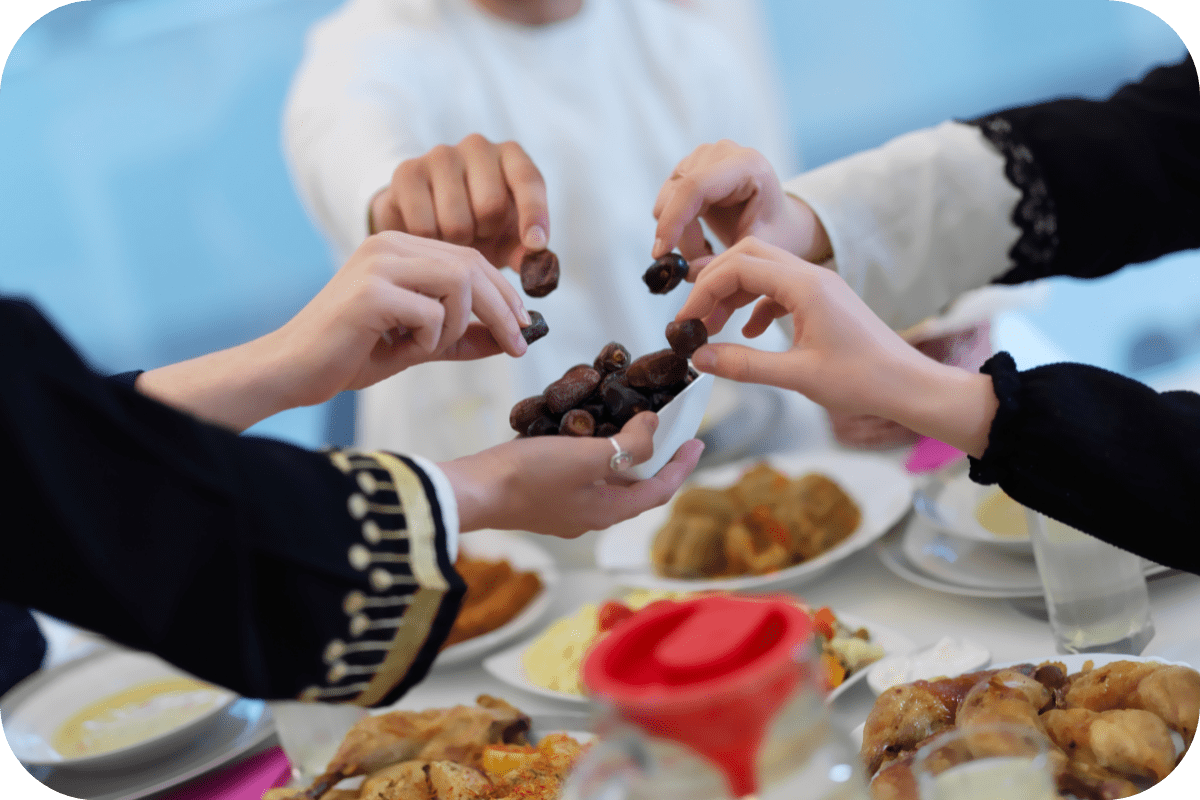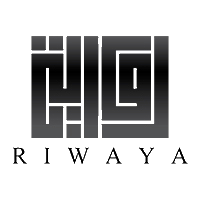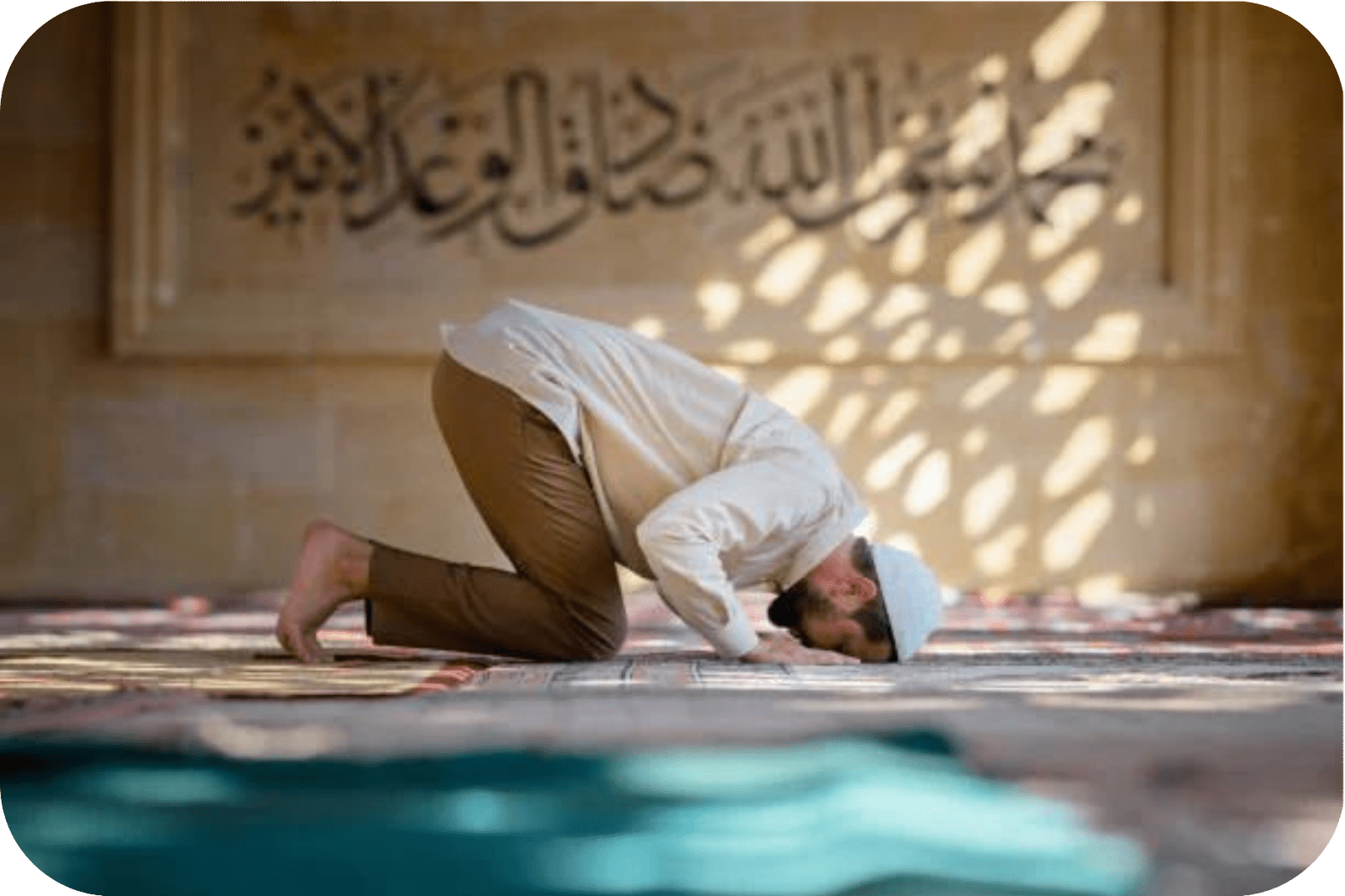A Comprehensive Guide To Prepare For Ramadan 2024
A Comprehensive Guide To Prepare For Ramadan 2024

Ramadan is a sacred month in the Islamic calendar, observed by Muslims around the world. It is a time of prayer, fasting, reflection, and spiritual growth. And as Ramadan approaches, Muslims around the world eagerly prepare to engage in a period of spiritual reflection and self-discipline.
In this article, we will guide you through the key aspects of preparation and provide you with practical steps to follow to enhance and celebrate the spirit of Ramadan.
Spiritual Readiness
1. Reflection and Repentance
As we approach Ramadan, it's crucial to take time for self-reflection and seeking forgiveness. These moments of introspection set the tone for a spiritually transformative experience during the holy month.
If you're interested in enhancing your supplications during these times of reflection, check out our blog post on 5 special times duas are accepted.
2. Setting Spiritual Goals
Ramadan is an opportune time for personal growth and spiritual development. Define clear and achievable goals that align with your individual spiritual journey.
Whether it's deepening your connection through increased prayer, memorizing the Quran, or cultivating virtuous habits, establishing these goals provides a roadmap for self-improvement.
Enhance Your Spiritual Journey this Ramadan by setting clear goals for personal growth! Whether it's increased prayer, Quran memorization, or cultivating virtuous habits, our Undated Muslim Digital Journal is your perfect companion for tracking and reflecting on your progress.
3. Creating a Spiritual Toolkit
Building a spiritual toolkit is a crucial step in preparing for Ramadan. It involves gathering resources that nurture your connection with Allah and support your spiritual journey. As you curate this toolkit, consider including not only inspiring books and thought-provoking lectures but also valuable apps that can enhance your experience.
If you're wondering which apps are essential for your spiritual journey, we've got you covered! Check out our blog post on the 5 apps every Muslim needs to know about. This insightful post highlights apps that can be valuable companions on your spiritual path, offering guidance, educational resources, and tools to deepen your understanding of Islam.
Physical Preparation
1. Meal Planning and Nutrition
Planning your meals for suhoor (pre-dawn) and iftar (breaking fast) is a key part of getting your body ready for Ramadan. Make sure your meals are not only nutritious but also delicious.
Don't forget to check out our Halal food section where we offer quality sunnah foods like honey and datesfor the perfect additions to your Ramadan meal plan!
And if you're looking for some inspiration, we've got you covered! Check out our recent blog post on 10 easy and delicious Ramadan recipes ideas, these recipes are not only tasty but also nutritionally balanced, providing the energy you need to make the most of your fasting hours. Remember to stay hydrated by drinking plenty of water during non-fasting hours to keep your well-being at its best.
2. Establishing a Balanced Routine
Adapting your daily routine is key to harmonizing with the rhythms of Ramadan. Prioritize rest, adhere to a consistent sleep schedule, and strategically plan activities to optimize energy levels during fasting hours.
By cultivating balance, physical well-being is safeguarded, allowing for a more comfortable and rewarding fasting experience.
3. Fitness and Exercise
Integrate light exercises and physical activities into your routine during non-fasting hours. Walking and exercising will not only promote overall health but also contribute to stress management.
By caring for your physical well-being, you empower yourself to fully engage in the spiritual and communal aspects of Ramadan.
Mind and Soul Purification
1. Importance of a Clear Mind
A. Meditation and Reflection
Embrace moments of meditation and reflection to clear the mind of clutter and distractions. Cultivating mindfulness through these practices enhances focus and contributes to a serene and centered mindset, fostering a deeper connection with the spiritual essence of Ramadan.
B. Letting Go of Negativity
Identify and release negativity, grudges, and resentment. Use this pre-Ramadan period to cleanse the heart, making room for gratitude and positivity.
Letting go of emotional baggage contributes to mental clarity and emotional well-being, laying the foundation for a spiritually uplifting Ramadan.
2. Nourishing the Soul
A. Self Cleansing
A vital aspect of effective Ramadan planning is the purification of one's entire being, self-cleansing practices often include a renewed focus on personal hygiene, such as regular grooming and maintaining cleanliness.
Additionally, individuals may embark on a journey of inner reflection and self-improvement, seeking to rid themselves of negative habits and cultivate positive virtues.
To delve deeper into the concept of self-cleansing and its significance before Ramadan, we highly recommend exploring this insightful article on pre-Ramadan self cleansing ideas.
B. Acts of Kindness and Charity
Participate in acts of kindness and charity, embodying the spirit of compassion. Small gestures, such as helping those in need or offering a helping hand, not only nourish the soul but also contribute to building a sense of community and collective well-being.
C. Fostering Positive Relationships
Prioritize positive relationships and seek to mend any strained connections. Building a supportive and harmonious community is integral to a spiritually fulfilling Ramadan. By fostering positive relationships, individuals contribute to creating an environment of empathy, understanding, and unity.
Conclusion
In preparing for Ramadan 2024, this guide has offered a roadmap for a holistic and enriching experience. From spiritual readiness and physical preparation to mind and soul purification, each aspect is intended to enhance your connection with Allah and contribute to a fulfilling Ramadan.
As you embark on this sacred journey, we invite you to explore our platform and discover a curated collection of Islamic products that not only align with your values and beliefs but also perfect for embracing the spirit of Ramadan.
Buying on Riwaya
At Riwaya we aim to support and enhance your Ramadan experience by providing a diverse array of Islamic products and gifts that resonate with the essence of this holy month.
Embark on a unique Ramadan journey with Riwaya, where our mission is to elevate and enrich your Ramadan experience. Immerse yourself in a world of carefully curated Islamic products and meaningful gifts, thoughtfully designed to capture the essence of this sacred month.
Selling on Riwaya
As Ramadan approaches, it's time to share your unique Islamic products with a global audience. Join Riwaya as a seller and be part of a platform that celebrates the spirit and traditions of Ramadan.
At Riwaya, we provide a space where your products can resonate with individuals seeking meaningful and authentic experiences during Ramadan. Your contributions have the power to connect communities, fostering a sense of shared heritage and values.
Our seller-friendly platform ensures seamless showcasing of your products, expanding your reach and facilitating secure transactions. Become a seller with Riwaya today and let your products find their perfect audience effortlessly and contribute to joyous and meaningful Ramadan celebrations.
FAQs
Q1: When is Ramadan 2024?
Ramadan in 2024 is projected to begin on the evening of March 22, 2024, and conclude on the evening of April 20, 2024, based on the Islamic lunar calendar. However, the exact dates may vary depending on the sighting of the moon.
Q2: Why does the date of Ramadan change every year?
Ramadan follows the Islamic lunar calendar, which is based on the phases of the moon. It is approximately 10-12 days shorter than the Gregorian calendar. As a result, Ramadan shifts earlier each year in the Gregorian calendar.
Q3: How is the start of Ramadan determined?
The start of Ramadan is determined by the sighting of the new moon (hilal). Islamic communities may rely on moon sighting committees or astronomical calculations to determine the beginning of the lunar month of Ramadan.
Q4: What happens during Ramadan?
Ramadan is the ninth month of the Islamic lunar calendar and is observed by Muslims worldwide as a month of fasting (Sawm), prayer, reflection, and community. Muslims abstain from eating, drinking, smoking, and engaging in sinful behavior from dawn (suhoor) until sunset (iftar).
Q5: Is fasting during Ramadan obligatory for all Muslims?
Fasting during Ramadan is one of the Five Pillars of Islam and is obligatory for adult Muslims, with certain exceptions such as illness, pregnancy, menstruation, travel, or other valid reasons that exempt individuals from fasting.
Q6: How do Muslims break their fast during Ramadan?
Muslims break their fast at sunset with a meal called iftar. Traditionally, iftar starts with eating dates and drinking water, followed by a larger meal that typically includes a variety of foods and drinks.
Q7: What is Laylat al-Qadr?
Laylat al-Qadr, also known as the Night of Decree or Power, is considered the holiest night during Ramadan. It is believed to occur in the last ten nights of Ramadan and is a night of immense blessings, forgiveness, and mercy.
Q8: How long does Ramadan last?
Ramadan typically lasts for 29 or 30 days. The exact duration is determined by the sighting of the crescent moon, marking the beginning and end of the month.
Q9: What are the benefits of fasting during Ramadan?
Fasting during Ramadan holds spiritual, moral, and health benefits. It fosters self-discipline, empathy for the less fortunate, spiritual reflection, and a sense of community among Muslims.
Q10: Are there any special prayers or activities during Ramadan?
Aside from fasting, Muslims engage in increased prayers, recitation of the Quran, charitable activities (Zakat), and attending special nightly prayers known as Taraweeh in mosques.
Q11: How to sell to Muslims in Ramadan?
Riwaya provides a platform for sellers allowing them to connect with a global audience seeking meaningful products during this special time. Sellers can thrive by aligning offerings with the values and traditions of Ramadan.



